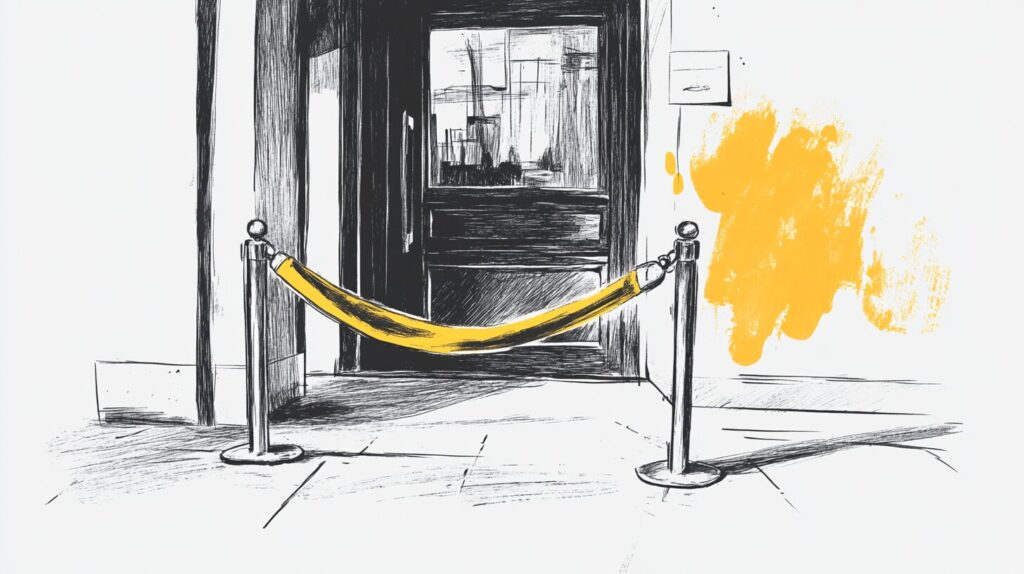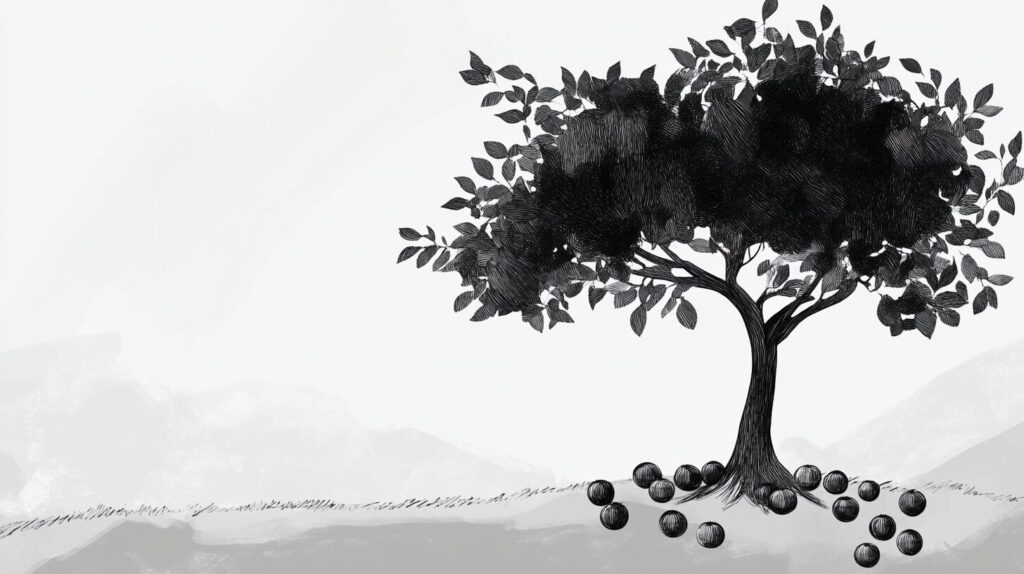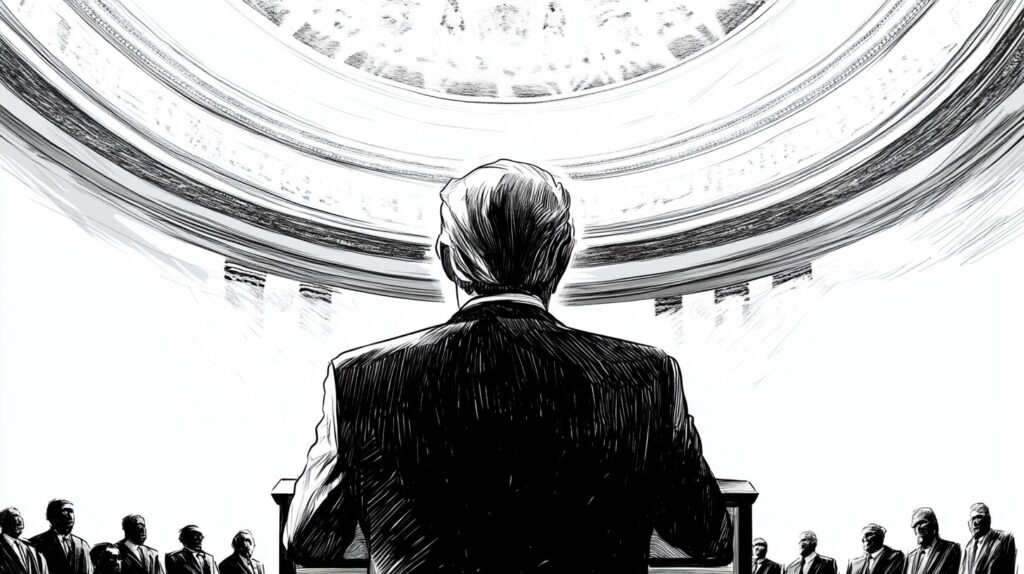Let’s talk about business models.
Not the MBA textbook kind.
Not the “get rich while you sleep” kind.
The durable kind.
Last week, I had a conversation with a friend who asked a great question:
“If the biggest companies win by being faster, cheaper, and everywhere—how does a smaller business built on values stand a chance?”
It’s a good question.
Because there’s more than one kind of business model.
And if you’re a creator, founder, or freelancer, you’re not playing on the same field as McDonald’s or Home Depot.
You’re not trying to own the corner.
You’re trying to be the reason people go out of their way to get there.
An Undervalued Business Model
For 20+ years, I’ve believed in, and been focused on one kind of business model:
The kind built on trust, relevance, and generosity.
It’s not the flashiest. It’s not the one investors chase first.
But it’s the one that lasts.
Think:
- A community-built coaching practice with 100 true fans.
- A restaurant that’s part of its neighborhood’s heartbeat.
- A podcast that earns attention, not just downloads.
- A freelancer whose name gets passed around like a secret weapon.
These businesses don’t win by brute force. They win by becoming trusted enough to be the obvious choice for a specific audience.
Here’s what this looks like
- Trader Joe’s: Offers fewer products, less tech, and no delivery—but wins on delight, clarity, and customer relationships.
- Stephen Starr restaurants: Compete not on lowest price or fastest service, but on warmth, hospitality, and memorable experiences.
- Creator-led businesses: The ones that consistently show up, add value, and build community—without chasing clicks/views—are building moats no algorithm can undo.
Not because they led with scale, but because they led with clear values, consistent execution, and a distinct point of view—the kind that customers recognize, remember, and recommend.
And the upside? Lower marketing costs, stronger loyalty, higher word of mouth.
Why This Works
This model also gets more powerful as the world changes.
- As companies shrink headcount.
- As freelancers outnumber employees.
- As creators turn into founders.
The most durable advantage won’t be efficiency.
It’ll be trust.
The trust to listen. The trust to lead. The trust to ask for the sale.
So if you’re building something—big or small—ask yourself:
Are you trying to win with volume-at-all-costs?
Or with specific value people would miss if it disappeared?
If you enjoyed this post, please consider sharing it with someone else–the buttons below can help.
Thank you!




